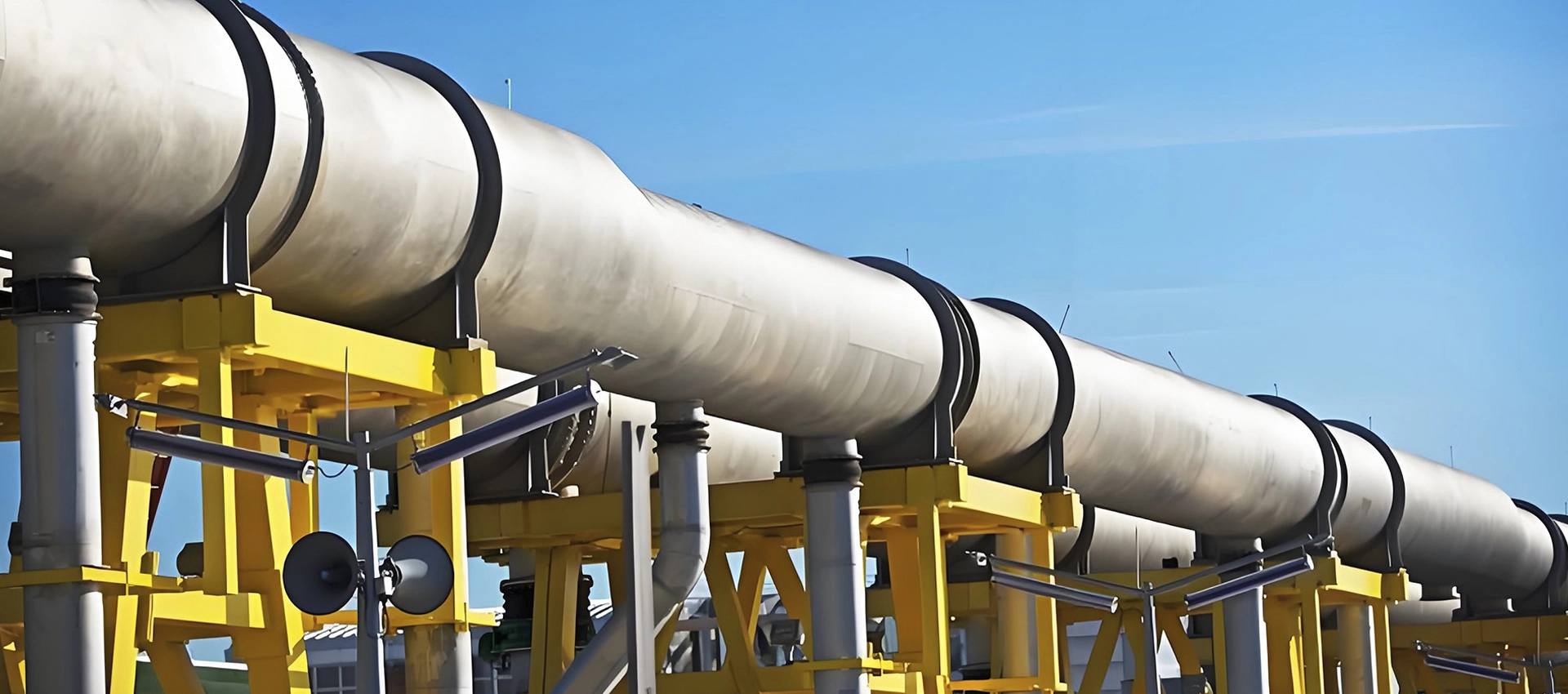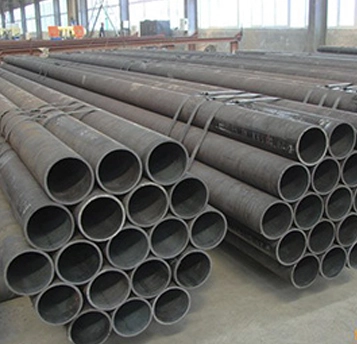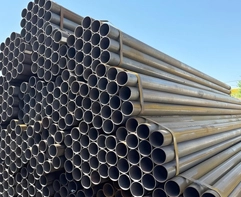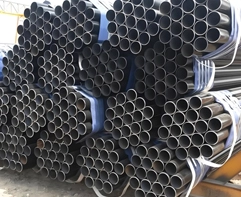Advantages of GB/T 6479 Seamless Steel Pipe
GB/T 6479 seamless steel pipes are known for their high strength and durability, making them suitable for high-pressure and high-temperature applications. They are manufactured from high-quality carbon and alloy steel, ensuring uniform thickness and smooth surfaces. These pipes offer excellent corrosion resistance and maintain their structural integrity under extreme conditions. Their smooth internal surfaces minimize friction, enhancing fluid flow efficiency. Additionally, they are highly resistant to abrasion and impact, further extending their service life.
Applications of GB/T 6479 Seamless Steel Pipe
GB/T 6479 seamless steel pipes are widely used in industries such as fertilizer production, chemical processing, petroleum, natural gas, power generation, and metallurgy. They are essential components in high-pressure fluid transportation systems, including ammonia and urea production equipment. These pipes are also used in oil refineries, chemical plants, and power plants for transporting high-temperature and high-pressure gases and liquids. Their versatility and reliability make them a preferred choice for various industrial applications requiring high performance and safety.

 EN
EN







